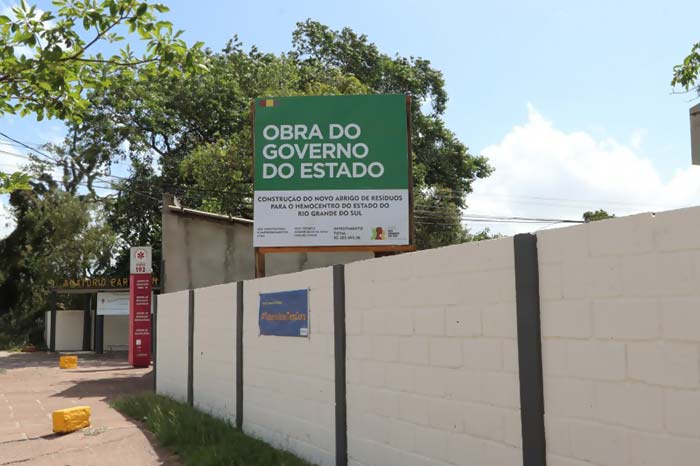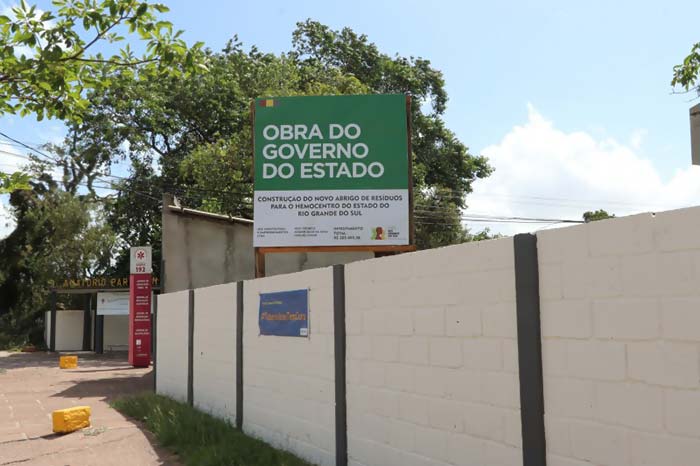A The city of Porto Alegre is witnessing a significant evolution in its health infrastructure with the updating of the Waste Shelter at the Blood Center of the State of Rio Grande do Sul (Hemorgs). This project is an initiative of the Department of Public Works (SOP), in close collaboration with the Department of Health, aiming to improve the operations and services offered by the unit.
With a budget of more than R$205,000, the expectation is that the works will be completed by the second half of March. Mix Construtora e Empreendimentos is responsible for executing the project, under the supervision of 1st Regional Public Works Coordination (Crop) of the Capital, having started work on January 15th.
Izabel Matte, Secretary of Works, expresses great satisfaction with the construction progress, highlighting the importance of improvements for both the teams and service users. “Cooperation between different spheres of government is essential to make these improvements a reality,” she says. Health Secretary Arita Bergmann adds: “This project is a testament to our commitment to the population.”
This new facility will be critical for the temporary storage of a variety of waste, including biological, chemical, recyclable and organic, during all phases of the blood cycle, such as collection, processing, laboratory analysis and distribution. A Hematology Clinicwhich provides services to patients and administers medications, will also benefit from this space.

Blood Center Profile
The Hemocentro do RS, located at Avenida Bento Gonçalves, 3722, Bairro Partenon, has a history of 40 years and serves around 15 thousand donors annually. Furthermore, the place is frequented daily by approximately one hundred professionals. Recognized for its expertise in Hemotherapy and Hematology, Hemorgs supplies approximately 40 hospitals and clinics in the Metropolitan Region of Porto Alegre with blood and blood components, essential for blood transfusions in patient treatments.
The Hemocentro registers between 1,500 and 1,700 donations monthly and plays an active role in awareness campaigns about the blood donation. In addition, it offers a range of healthcare services, including care by doctors, nurses, physiotherapists, psychologists, dentists and pharmacists, especially for people with conditions such as haemophilia.






